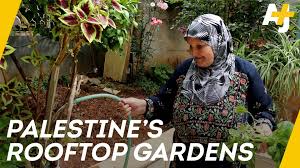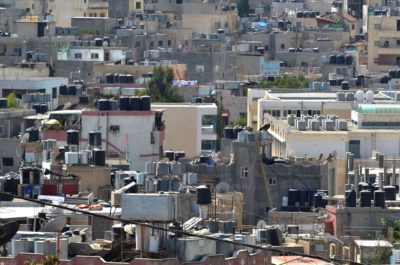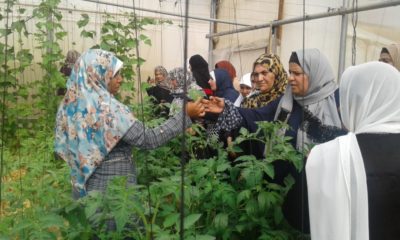
Breaking News
 EXCLUSIVE: "The HUGE Elephant In The Room Is Actually What Jeffrey Epstein Was Best At..."
EXCLUSIVE: "The HUGE Elephant In The Room Is Actually What Jeffrey Epstein Was Best At..."
 EXCLUSIVE INTERVIEW: Republican Candidate For Texas Governor "Doc" Pete Chambers Joins...
EXCLUSIVE INTERVIEW: Republican Candidate For Texas Governor "Doc" Pete Chambers Joins...
 Epstein Files Trigger Political Fallout Across Europe
Epstein Files Trigger Political Fallout Across Europe
 Conjoined twin 'influencers' who have gained more than 280,000 followers with their intimate
Conjoined twin 'influencers' who have gained more than 280,000 followers with their intimate
Top Tech News
 How underwater 3D printing could soon transform maritime construction
How underwater 3D printing could soon transform maritime construction
 Smart soldering iron packs a camera to show you what you're doing
Smart soldering iron packs a camera to show you what you're doing
 Look, no hands: Flying umbrella follows user through the rain
Look, no hands: Flying umbrella follows user through the rain
 Critical Linux Warning: 800,000 Devices Are EXPOSED
Critical Linux Warning: 800,000 Devices Are EXPOSED
 'Brave New World': IVF Company's Eugenics Tool Lets Couples Pick 'Best' Baby, Di
'Brave New World': IVF Company's Eugenics Tool Lets Couples Pick 'Best' Baby, Di
 The smartphone just fired a warning shot at the camera industry.
The smartphone just fired a warning shot at the camera industry.
 A revolutionary breakthrough in dental science is changing how we fight tooth decay
A revolutionary breakthrough in dental science is changing how we fight tooth decay
 Docan Energy "Panda": 32kWh for $2,530!
Docan Energy "Panda": 32kWh for $2,530!
 Rugged phone with multi-day battery life doubles as a 1080p projector
Rugged phone with multi-day battery life doubles as a 1080p projector
 4 Sisters Invent Electric Tractor with Mom and Dad and it's Selling in 5 Countries
4 Sisters Invent Electric Tractor with Mom and Dad and it's Selling in 5 Countries
Rooftop Farms: Palestinian Women's Last Stand In The Fight To Keep Their Cultural Heritage Alive

It is no question that in every war, casualties are inevitable and aside from the loss of life and property, certain freedoms that we enjoy can be taken from us at a blink of an eye. In a small camp in Israel occupied West Bank, Palestinian women are now fighting to keep an essential and important part of their culture that was taken from them as a result of the Israel-Palestine Conflict: Farming.
In 1967, after the 6-day war between arab nations and the state of Israel, the latter took control of an area bordering the river Jordan called the West-Bank. This military occupation of Palestinian territory resulted in the displacement of families, forcing them to leave their lands and their way of life.

Source: https://staticv3.972mag.com/
The West Bank has a total land area of 2,173 sq. mi with mostly rugged terrain and little natural resources other than fertile land which make up 27% of the land area of the region. It is this fertile land that has sustained Palestinian communities in the past, using it as permanent pastures and farm lands for seasonal crops, essentially making farming integral to their culture and heritage.

Source: https://www.globalgiving.org/
In the Aida Refugee Camp, women have found creative ways to keep their farming alive as a means to sustain them in the absence of economic means, and more importantly, as subtle defiance against Israel and its occupation of their territories in the hopes of keeping their cultural identity alive.
In a video posted in the Facebook page AJPlusenglish, women are seen tending to rooftop gardens as they share their heartbreaking stories of grief and hardship while living in exile. But, amidst their struggle, the blooming gardens are testament that their hopes remain alive.



